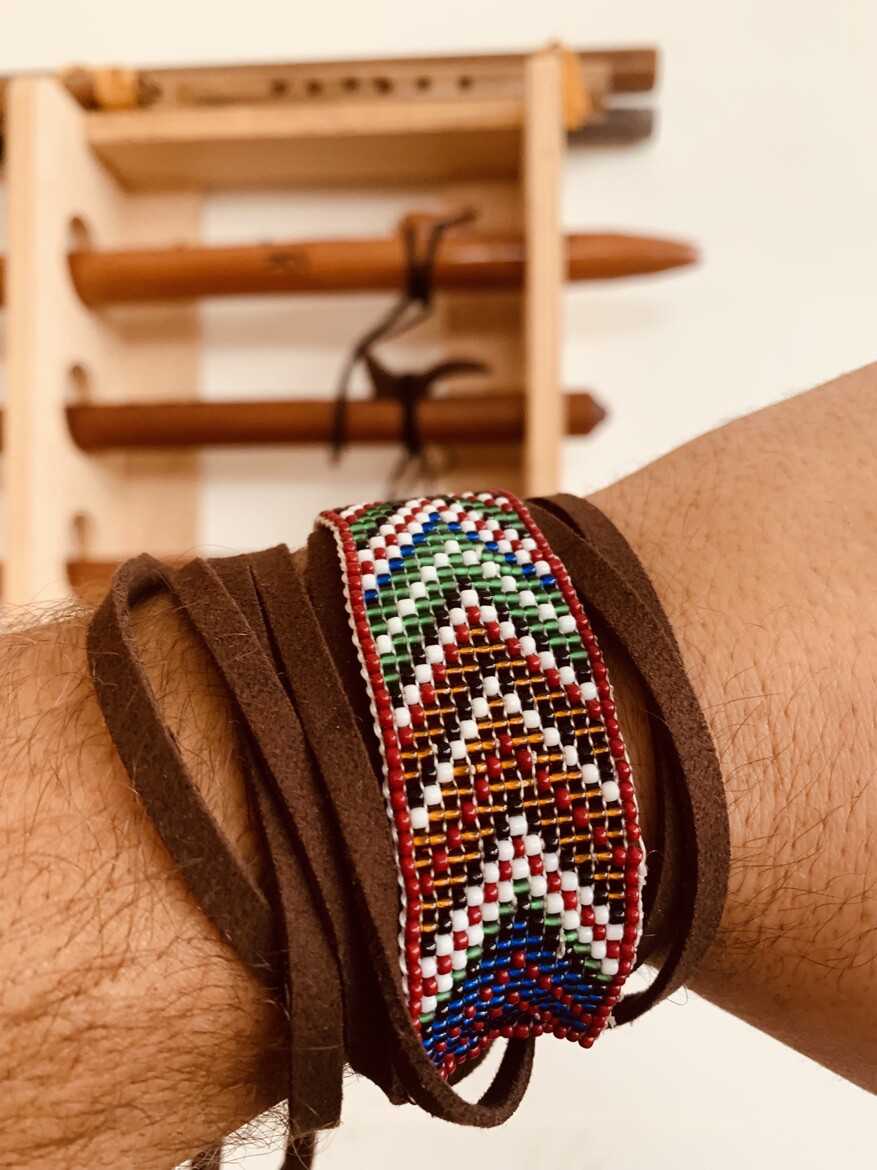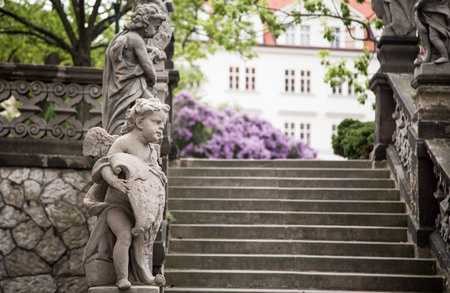Watch
Events
Articles
Market
More
Aromem is in the planning stages of opening an online web store!
We want to make clear that the products will be intended for everyone and not just those of Native American descent. In my opinion, the best thing for the preservation of a culture is to share it with others with welcoming hearts. ? ❤️
(Although I suspect that more of you have a Native in your family tree than you realize. ? )
So go ahead, rock that beaded bracelet and necklace! ?



Hey guuyyyyyyyysssss! ??
We’re thinking about opening a store on our website again. This time around, we’re going to be offering some handcrafted Native beadwork!
My sister has been doing a fantastic job making awesome bracelets and headbands and is almost ready to put them on the market.
Visit our website at
aromem.net/
And sign up for the mailing list to get notification of the grand reopening of our store! ???




Live at 7:30 PM Daylight Savings time, Living By Faith. Listen where you get your favorite podcasts, use the player on our homepage or here https://www.spreaker.com/show/....give-god-90-episode- With a free account you can join the chat or leave a message, please consider liking and sharing these podcasts.




Do people have favorite places to get messianic, jewish, or christian sheet music? Could be free/public domain, but we can and do pay for sheet music, so no need to limit answers that way. We just want to find more sources. Some is home use, some is for the worship team at our church. #sheetmusic #worship #singtogether #chords



And since they did not see fit to acknowledge God, God gave them up to a debased mind to do what ought not to be done.
Romans 1:28
Rejecting God and embracing amorality destroys one's ability to think and behave rationally. Peace is only found in a clear conscience. The suppression of guilt without repentance brings spiritual pathology.



SERIES N --- THE EXILE --- LESSON 08
PASSOVER KEPT
KING HEZEKIAH’S GREAT PASSOVER
From 2 Chronicles 30
With the temple fully restored, King Hezekiah now decided to invite all Judah, Israel, Ephraim and Manasseh to a great Passover celebration at Adonai’s temple in Jerusalem. However, it was too late to assemble the people for the appointed time of the Passover in April. Besides, not enough priests were ready for the work at that time. Therefore, Hezekiah and his officials decided to have the Passover a month later, in May. Being completely agreed on this change of date, they sent messengers throughout Judah, Israel, Ephraim and Manasseh, from Dan in the north to Beersheba in the south, inviting all the people to come. It had been a long, long time since all the people of Israel had gathered for such a celebration. Many years before, King Jeroboam had made shrines at Dan and Bethel and commanded the people of Israel to worship at them and not go to Jerusalem and all the other kings of the northern kingdom had done the same. But now the northern kingdom had been destroyed by the Assyrians and many of the people carried away to other lands. Comparatively few people were left in Israel, but King Hezekiah of Judah lovingly appealed to them. This is the message which was carried throughout all the land, [People of Israel, return to Adonai YHVH of Abraham, Isaac and Israel, so that He will return to help those of you who have survived the hand of the kings of Assyria. Don’t be like your fathers and brothers who turned away from Adonai, for as you now realize, He has let them be destroyed because of their unfaithfulness. Give yourselves to Adonai and worship Him at His temple which He has sanctified forever. Don’t be stubborn and refuse to do this as did your exiled relatives. If you turn to Adonai your YHVH, He will be merciful to those who are in exile and will let them return to this land. For Adonai is gracious and compassionate and will turn His face toward you again if you return to Him.] The messengers went with this plea from King Hezekiah, traveling from city to city throughout Ephraim and Manasseh and then on to the land of Zebulun. Many of the people laughed at them and mocked them, but some of the people of Asher, Manasseh and Zebulun humbled themselves and came to the Passover in Jerusalem. In Judah, the hand of YHVH moved among the people, uniting them as one person in their desire to obey Adonai’s Commands through the king and his officials. A great assembly of people gathered at Jerusalem to celebrate the Passover. Before they began, they knocked down the heathen altars, including the incense altars that were in Jerusalem and threw them into the Kidron Brook. When the first day of May arrived, when the celebration was to begin, the priests and Levites were still not involved as they should have been, so the people began killing their own Passover lambs. Seeing that, the priests and Levites became ashamed and sanctified themselves and brought burnt offerings to Adonai’s temple. They took the places which had been assigned to them by the Law of Moses, the man of YHVH and the priests sprinkled the blood which the Levites gave them. Many of the people who came from Ephraim, Manasseh, Issachar and Zebulun had not sanctified themselves with the purification ceremony. The Levites killed their Passover lambs for them to make them acceptable to Adonai. King Hezekiah prayed, [May the good Lord forgive those who have come to seek Him, even though they cannot follow exactly the purification rites of the temple.] Adonai listened to Hezekiah’s prayer and healed the people. The people who assembled at Jerusalem celebrated the Passover for seven days with great joy. Every day the priests and Levites praised Adonai with musical instruments and cymbals and King Hezekiah complimented them on the way they used their skills to honour Adonai. The celebration continued for the seven days, with peace offerings and confessions of sin to Adonai. Everyone was having such a delightful time that they decided to continue the celebration for seven more days and they thoroughly enjoyed these days, too. King Hezekiah gave the people one thousand bulls and seven thousand sheep for offerings and the officials gave one thousand bulls and ten thousand sheep to the people for the same purpose. By this time another large group of priests had sanctified themselves to help with the sacrifices. All the people rejoiced - the people of Judah, the priests, the Levites, the people who had come from Israel and even the foreign people who lived among them. There had not been a celebration like this in Jerusalem since the time of King Solomon, the son of David. As the Passover celebration drew to a close, the priests and Levites stood up and blessed the people and Adonai heard their prayers, which reached His holy dwelling place in heaven.
COMMENTARY
THE KINGS OF ASSYRIA
The son of an Assyrian king was not guaranteed the crown. The Assyrians believed their god Ashur, chose each king at his birth. A son became crown prince only when his father the king, selected him and the nobles and priests approved. He was raised in a {House of Succession,} where he learned to read, fight and govern. The prince was crowned king in a simple ceremony shortly after his father died. His first job was to reappoint the staff of advisers, officials and scribes that had resigned at his father’s death. Dressed in splendid robes, his tame lion at his feet, the king received ambassadors and accepted their costly gifts. The palace storehouses bulged with such tribute, as well as tax revenues, war booty and the yield of royal estates and workshops. This wealth fed, clothed and housed the royal family, court officials and their slaves and the army. As commander of the army, the king drew up military plans and led major campaigns. He consulted his diviners when making important decisions. These priests watched for signs and omens in dreams, the pattern of oil dropped on water and natural events like the movement of the stars and bird migrations. Sometimes the king asked for several omens until he found one that matched his plans. Also acting as chief priest, the king saw that temples were built, maintained and staffed and took part in religious ceremonies. Since he had no time to perform all the high priest’s duties, he usually assigned one of his sons or a senior priest to act as his substitute.



For Herod had seized John and bound him and put him in prison for the sake of Herodias, his brother Philip's wife, because John had been saying to him, “It is not lawful for you to have her.”
Matthew 14:3-4
Herod was an Edomite, not an Israelite, so what basis did John have to accuse him of violating the Law of Moses? God gave the Law through Moses, but it is universal. The Law expresses God's standards of behavior for all people, not just the Jews.



When the wicked rise to power, people hide, but when they perish, the righteous increase.
#Proverbs 28:28 TLV #biblestudy
Today's cancel culture is an in-your-face example of Proverbs 28:28. The wicked dominate every institution, every industry, and every branch of government. If you dare to stand up and speak the truths that are glaringly obvious to every rational person, you risk being canceled from everything. So-called "social justice warriors" will attack you relentlessly. They will try to get you fired from your job. They will run you out of business. They will try to get you arrested and even killed simply because you make them aware of the sickness in their own souls.
God hasn't abandoned us, though. Sometimes he allows the wicked to rage so that nobody will be able to deny that their destruction is true justice.



My goal today is to provide you with practical tools to defeat idolatry in your everyday life, as well as to begin to walk in righteousness and holiness. Tools include old-fashioned ideas like your Bible and journal, as well as more modern technology and apps for your phone. https://archive.aweber.com/awlist6425868/520s.



